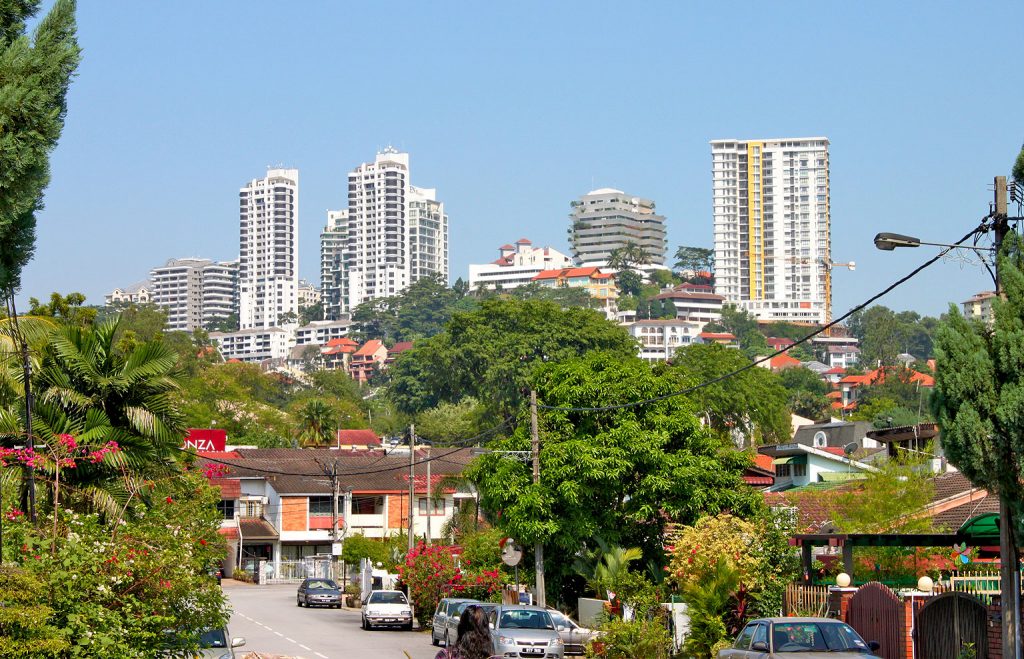There are two broad categories of property sale: sales by a developer of newly constructed properties and sales by individual owners of existing properties.
New Developments
In Malaysia, it is common for developers to sell properties “off the plan” which means you purchase the property before it is built. Under the Housing Developers Act, property developers are required to complete the construction of these properties within three years of the purchaser signing the Sales and Purchase agreement. Purchasers are required to make periodic progress payments throughout the three-year period as the architects confirm that progress has been made on the overall project construction. Usually 5% of the price is held by solicitors for up to 18 months after completion to cover any defect
claims.
The Malaysian government is encouraging developers to change to a “build then sell” policy which means that they will complete construction before making the sale. The suggestion is that the purchaser then pays a 10% payment to secure the property and the balance is only payable when the property is completed.
Existing Properties
Purchase of existing properties usually involves a down payment of 10% of the purchase price (this may be made in two installments – 3% with letter of offer and 7% within two weeks). The remaining 90% is payable within three months. After that period, then interest would become payable on the outstanding balance. Before buying an existing property you should ensure there will be no problems in obtaining the necessary State approval to acquire it as a foreigner.
Freehold/Leasehold Land
Foreigners can acquire both freehold and leasehold land in Malaysia. Most leasehold land is owned by the state in which the property is located and leases are usually for 60 or 99 years.
At the end of the lease it is fairly easy to renew the lease for a further 99 years upon payment of a premium which is based on the current market value of the property. It is also possible to arrange for a new lease during the period of the existing lease.
This involves cancelling the existing lease and applying for a new one. Certain types of land cannot be purchased by foreigners.
Property Types
Local terminology
Malaysians use the following terms to describe the types of residential property available:
Terraced Houses
These houses usually share a wall with the adjoining property on both sides. They are typically one or two floors high but occasionally they consist of three floors. Many terraced houses in major cities like Kuala Lumpur are being renovated.
Some of the end units (which often have extra land with them) are often reconstructed to substantially increase their built-up area with a corresponding reduction in their garden space.
Townhouses
These are essentially the same as terraced houses except they tend to be more upmarket and expensive. Some may have an internal patio.
Semi-D
This is short for semi-detached and refers to a house which is joined on one side to another property. Two homes make up one building.
Bungalows
This is a detached standalone house on its own land. Unlike some countries where the term means a single-storey, smaller dwelling, a bungalow can be any size in Malaysia. Some are extremely large with built-up areas exceeding 10,000 square feet.
Apartments/Flats
There are a great variety of apartments available in nearly all major towns and cities. They vary from small and very cheap to extremely large and correspondingly expensive. However, do take note that many apartments are priced below the minimum purchase limit for foreigners. Newer, more expensive apartment buildings usually have security and offer various facilities like a pool, squash and tennis courts, and a gym.
Condominiums
Unlike some countries, where there is a legal distinction between a condominium and an apartment (flat), in Malaysia the terms can be interchangeable. Usually, using the term condominium means the development has more facilities.
Gated Community
This generally refers to developments which have controlled access with a guard house and fencing surrounding the whole development. This usually means security will be better, but it is advisable to check exactly what security is offered. Consider how easily you gain access, ask how often guards patrol the development, and what system they have to let visitors enter.

